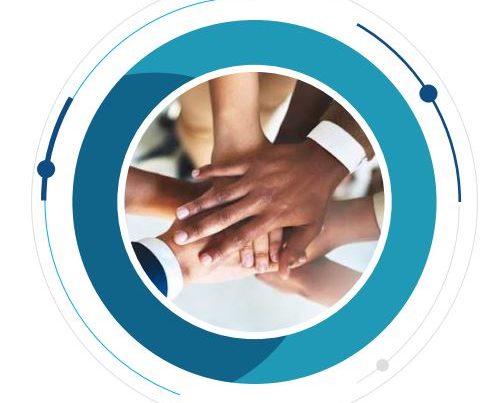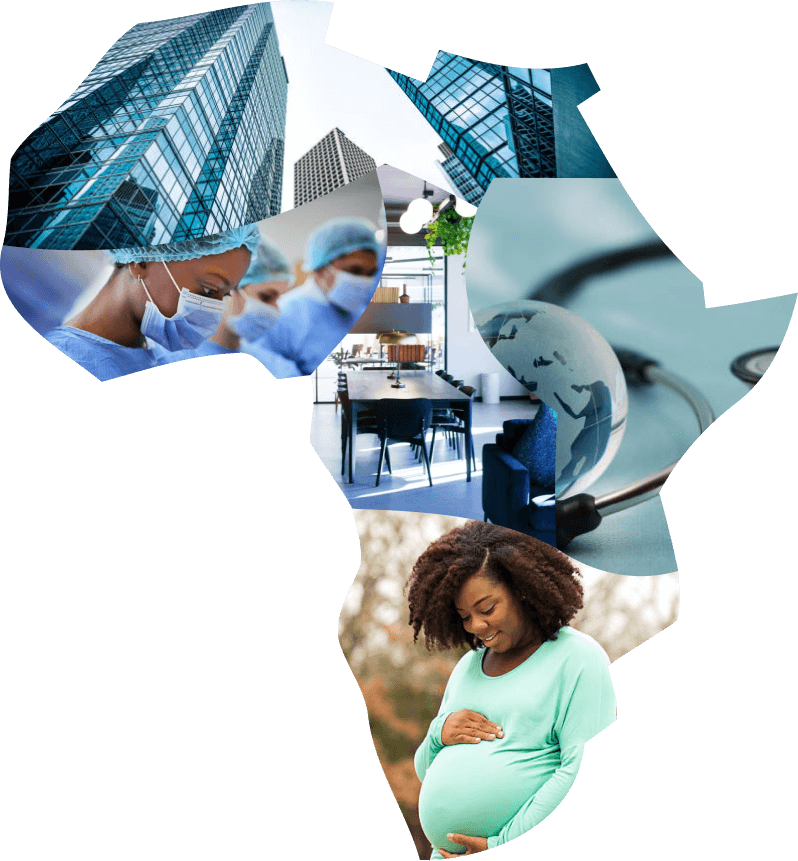While Africa seems to lag behind other regions in matching up to the realities of the COVID-19 vaccines, the continent appears better equipped to deal with the second wave of the pandemic this time, ridding early anxieties of uncertainty and leveraging measures already adopted to tackle the pandemic’s initial adverse effects in the course of 2020.
With the USD12b financing package announced by the World Bank to help developing countries procure vaccines, Africa’s health sector is poised to emerge better from the pandemic than when it entered into it. Ethiopia is leading the vaccine initiative and with this level of progress, it becomes even clearer that a strategic partnership between the public and private sector is necessary to deal optimally with the pandemic and equally prepare the continent for others of such extent.
Stakeholders have acknowledged the partnership opportunities that COVID-19 throws open to Africa’s public and private sector considering ‘call to actions’ as made through the 2020 African Economic Conference platform to deepen the motivation of private sector in Africa to take up these opportunities and fill the gap in the declining foreign direct investments so as to meet the critical needs of the continent.
Many experts agree with this direction and have identified key mechanism to aid actions to improve health outcomes. One of such mechanisms is the African Continental Free Trade Area (AfCFTA) which commenced trading on January 1, 2021. With 54 African countries signed on to it, AfCFTA is the largest free-trade area in the world in terms of the number of participating countries and the United Nations Economic Commission for Africa (UNECA) has estimated that the agreement will boost intra-African trade by 52% just a year from now.
More importantly, the UNECA considers AfCFTA as a ready-made vehicle for public-private sector partnerships to tackle the COVID-19 pandemic – an immediate action and on the longer-term, to provide the kick that Africa needs to tackle long standing challenges in its health sector especially in areas such as drugs and equipment procurement and/or manufacturing, research & development as well as healthcare service delivery.
The role of Africa’s private sector in driving the AfCFTA cannot be over-emphasized and this has been corroborated by some Africa’s regional development banks who, while discussing key areas for mutual cooperation and ways to boost economies at regional level, post COVID-19, also acknowledged the urgency to improve private sector involvement in governments’ actions to improve health outcomes, a major step to place the continent’s economy back on the growth trajectory. This has become even more important as the new and more contagious variants of COVID-19 spread across Africa triggering a spike in infections and deaths, overwhelming health facilities and by extension disrupting the continent’s economy.
The Africa Centre for Diseases Control recently released guidelines for responding to the second wave, encouraging countries to re-evaluate, re-strategize and re-invigorate their COVID-19 response activities. The guidelines released also indicates the possibility of a third wave which, for a continent already with so many challenges, does not bode well. For these guidelines to be effective, governments must partner with the private sector to leverage the latter’s resources and capacity while ensuring that the continent’s economy and population is protected, leveraging lessons learnt and mechanisms deployed in the recent past.
As predicted, the inevitable second wave of the pandemic has arrived on the continent and both governments and businesses cannot afford to relent – to do so is to wipe away the investments of the previous months and inadvertently return to square one. The mechanisms for growth and development must be deployed and optimized for Africans to begin to enjoy the gains of public-private sector partnerships. Never has it become more important for governments across Africa to create enabling environments for the private sector.
More Reads
GBCHealth Announces Leslie-Anne Long as New President and Chief Executive Officer
Leslie-Anne Long takes over the helm at GBCHealth following the departure of Nancy Wildfeir-Feld. Read more…
Assessment: How Well Does Your Team Function?
How do you know if your team is working at the highest level? This 23-item assessment is designed to help members of a team become more aware of how it functions. Read more…
Research: Women Score Higher Than Men in Most Leadership Skills
Women make highly competent leaders, according to those who work most closely with them — and what’s holding them back is not lack of capability but a dearth of opportunity. Read more…
5 Statistics Employers Need To Know About The Remote Workforce
With employers having to adapt to the profound change this has had on the workforce, two questions bear asking – how do employees feel about remote work, and what impact does that have on employers? Read more…
Africa CDC Guidelines for Combating COVID-19 Second Wave
The Africa Centre for Disease Control has identified the need for African Union Member States to ramp up their COVID-19 response activities across the continent to ensure countries are prepared to handle the second wave of the pandemic. Ream more…






